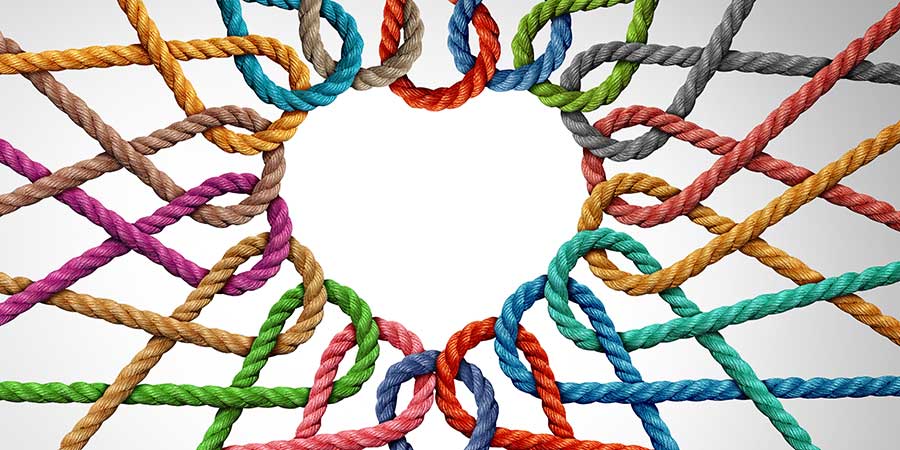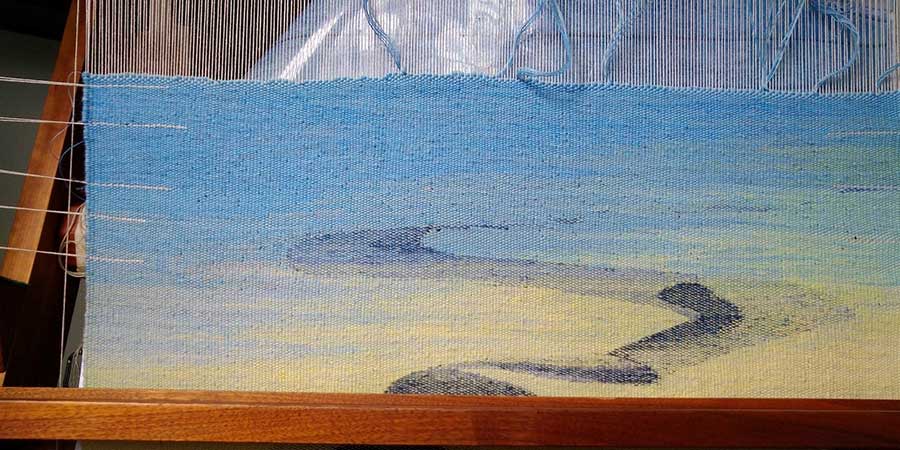Essay by George Capaccio
… In my faith community (Quaker), members are seeking guidance for how to talk about the war with their children. This is a laudable and necessary task, and an expression of our love and concern for the emotional health of the children. The community as a whole is exploring ways to respond to the conflict—ways that are in line with Quaker values and practices. At a recent gathering on Zoom, a member was grateful that the “world is united” in its opposition to the Russian invasion and its compassion for the people of Ukraine.
But then I ask, where are the cries of anguish and despair for families in Afghanistan where the U.S. refusal to release the country’s billions of dollars in assets threatens to bring even greater suffering to the people? Why aren’t more people outraged by the humanitarian crisis in Yemen, which our government could do much to alleviate merely by ending its support for Saudi Arabia? Curse the Russians for their brutal invasion of Ukraine but at the same time remember the U.S. invasion of Iraq and the hundreds of thousands of innocent lives that were lost, and the mayhem that convulsed the country when civil war erupted and an unimaginably cruel jihadist group was born in the chaos—Islamic State, or Da’esh as it is known locally.
The “trail of tears” referred to in the title of this essay may have begun in Idlib, but by my reckoning, its origin is here, the “indispensable nation.” When we think of the people of Ukraine and feel both outraged by the violence and overwhelmed with grief, is it too much to ask that we allow ourselves to remember other people in other lands where the machinations of our own government have left a long trail of tears, bomb craters, displaced populations, sick and dying children, and a million or more dead. We may have scant leverage over the Russian aggressor, but there is much we can do right here, in our own country, to help restore some measure of humanity to America’s role in the world.
Starting from Idlib, Syria: A Trail of Tears and Bombs George Capaccio, 08/04/2022
Read the full essay here.











